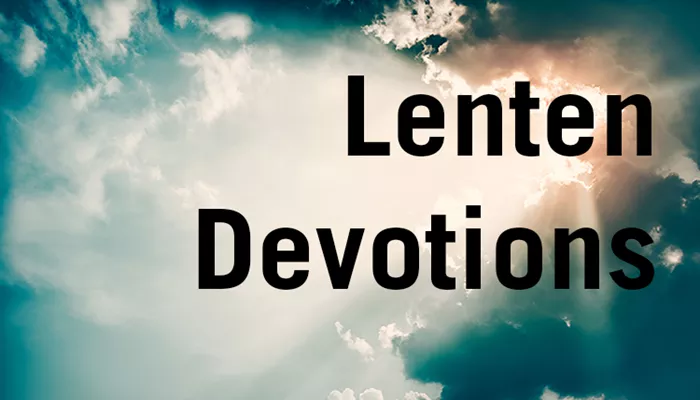Lent is a significant season in the Catholic Church, marked by prayer, fasting, and almsgiving. This period serves as a time of preparation for Easter, reflecting on the passion of Christ and the call to repentance. Understanding the days of fasting and abstinence during Lent is essential for Catholics, as these practices are deeply rooted in tradition and spiritual discipline.
Overview of Lent
Lent lasts 40 days, beginning on Ash Wednesday and concluding on Holy Saturday, the day before Easter Sunday. This period mirrors Jesus’ 40 days of fasting in the desert (Matthew 4:1-2; Luke 4:1-3) and is a time for Catholics to engage more deeply in their faith through various forms of penance.
Key Days of Fasting and Abstinence
Ash Wednesday
Ash Wednesday marks the beginning of Lent. On this day, Catholics are required to both fast and abstain from meat.
The ashes received during Mass symbolize repentance and mortality, reminding the faithful of their need for conversion.
Good Friday
Good Friday commemorates the crucifixion of Jesus Christ. Similar to Ash Wednesday, Catholics must both fast and abstain from meat on this day.
It is a solemn day of reflection on Christ’s sacrifice.
Fridays During Lent
All Fridays during Lent are days of abstinence from meat. This practice is a form of penance that encourages Catholics to remember Christ’s suffering.
Definitions: Fasting vs. Abstinence
Fasting refers to limiting food intake. On days when fasting is required (Ash Wednesday and Good Friday), Catholics may eat one full meal and two smaller meals that together do not equal a full meal. Liquids such as water, tea, or coffee are permitted at any time.
Abstinence means refraining from eating meat. This is obligatory for Catholics aged 14 and older on Ash Wednesday, Good Friday, and all Fridays during Lent.
Age Requirements for Fasting and Abstinence
Fasting: Obligatory for Catholics aged 18 to 59. This means that those who have reached their 18th birthday must observe fasting until the day before their 60th birthday.
Abstinence: Required for all Catholics aged 14 and older, with no upper age limit.
Exceptions to Fasting Rules
Certain groups are exempt from fasting or abstaining due to health concerns:
Individuals who are ill or have chronic health conditions.
Pregnant or nursing women.
Young children, although they are encouraged to understand the meaning of penance.
The Church emphasizes that “common sense should prevail,” allowing individuals to prioritize their health while still engaging in acts of penance.
Historical Context of Fasting in Lent
The practice of fasting during Lent has ancient roots within Christianity. Early Christians observed strict fasts that sometimes lasted throughout the entire Lenten season, excluding Sundays. Over time, these practices evolved into the current regulations established by the Church.
The rationale behind fasting is not merely about physical discipline but also about spiritual growth. As Pope Paul VI articulated in his apostolic constitution Paenitemini, fasting serves as a way to cultivate mastery over one’s instincts and develop a freedom of heart.
Spiritual Significance of Fasting and Abstinence
Fasting and abstinence during Lent serve multiple spiritual purposes:
Repentance: These practices encourage self-examination and contrition for sins.
Solidarity with Christ: By participating in fasting, Catholics unite their sufferings with those of Christ during His passion.
Preparation for Easter: The Lenten observances help prepare believers spiritually for the celebration of Easter by fostering an attitude of humility and dependence on God.
Practical Tips for Observing Lent
Set Personal Goals: Beyond mandatory fasting and abstinence, consider additional sacrifices or commitments that can deepen your spiritual journey.
Engage in Prayer: Use this time to enhance your prayer life through daily Mass attendance or personal prayer routines.
Practice Almsgiving: Consider giving to those in need as part of your Lenten observance; this reflects the call to charity inherent in Christian teaching.
Participate in Community Activities: Join parish events such as Stations of the Cross or Lenten retreats to foster community support during this reflective season.
Educate Yourself: Read Scripture or spiritual literature focusing on themes related to penance, sacrifice, and renewal.
Conclusion
The observance of fasting and abstinence during Lent is a vital aspect of Catholic spirituality that invites believers into a deeper relationship with Christ. By understanding the specific days designated for these practices—Ash Wednesday, Good Friday, and all Fridays during Lent—Catholics can fully engage in this penitential season. Ultimately, these acts are not just about following rules; they serve as pathways to spiritual renewal, fostering a heart open to God’s grace as believers prepare to celebrate the joyous resurrection at Easter.
Related topics:

